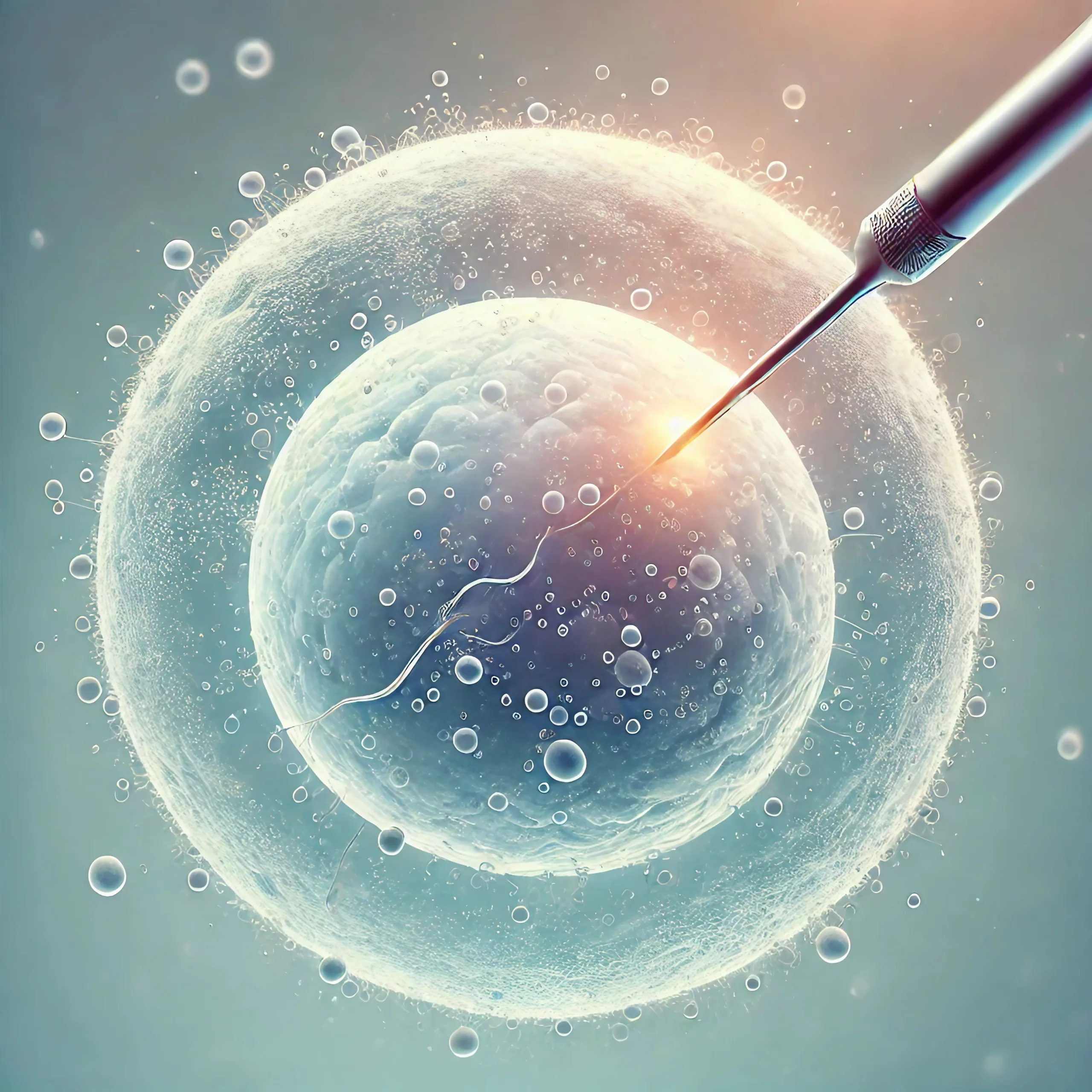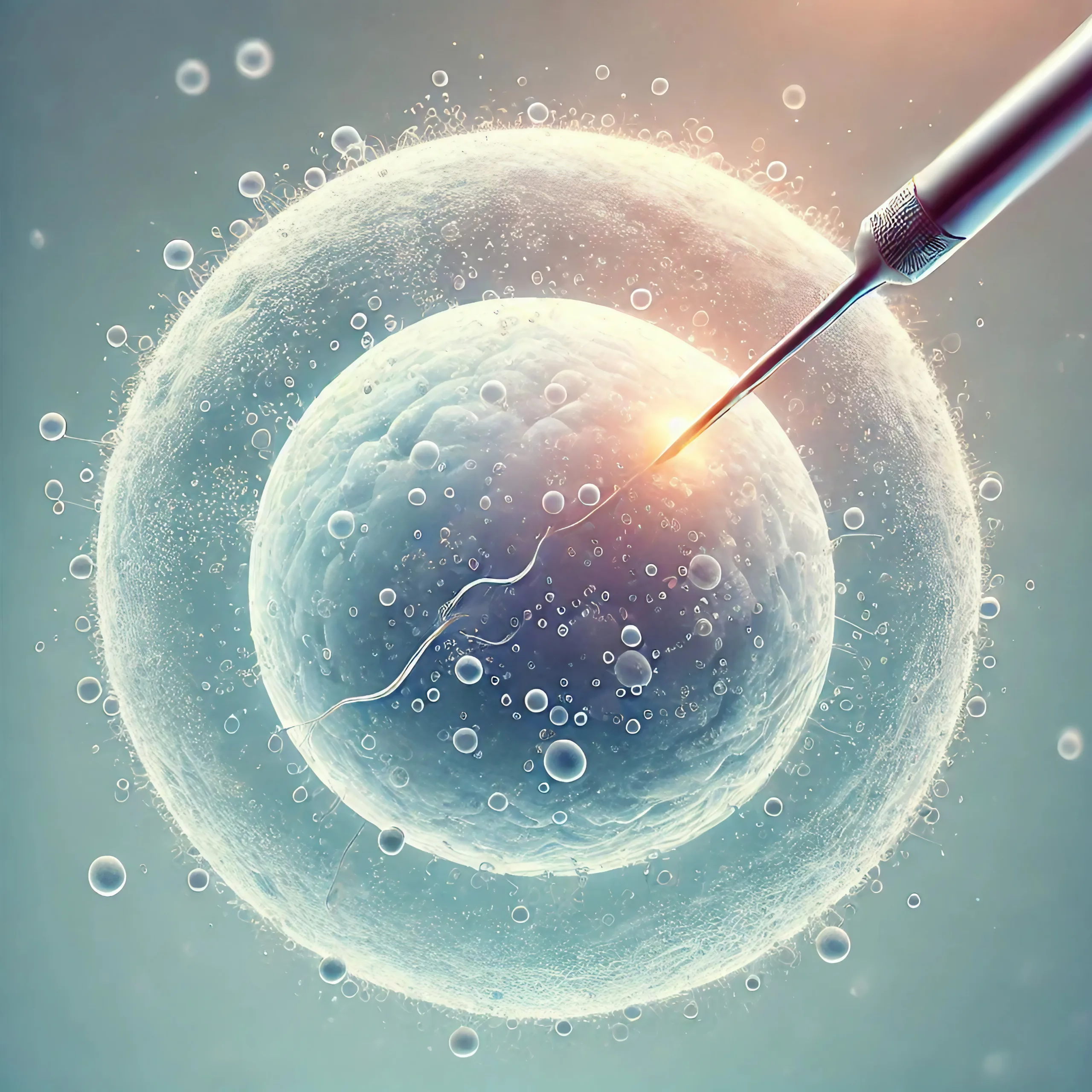Modern medicine offers solutions that once seemed impossible. Among the most transformative innovations in reproductive health is in vitro fertilization (IVF) – a treatment that has helped millions of people worldwide achieve the dream of parenthood. IVF is more than just a medical process; it is a journey filled with challenges, hopes, and life-changing rewards.
What exactly is IVF?
IVF is a medical procedure in which an egg is fertilized by sperm outside the body, in a laboratory. After fertilization, the embryo is transferred into the uterus, where it can develop naturally. The process typically involves several stages: hormone stimulation, egg retrieval, laboratory fertilization, embryo culture, and finally embryo transfer. Each step requires precision and care, and success depends on many factors, including the woman’s age and overall health.
Effectiveness of IVF
IVF is considered one of the most effective fertility treatments available. Success rates vary but are generally higher than with alternative methods. On average, pregnancy rates range between 40% and 60% depending on factors such as age, ovarian reserve, and medical history. While not every cycle results in pregnancy, repeated attempts often increase the likelihood of success.

Who can benefit from IVF?
IVF is used to treat a wide range of fertility problems, including:
blocked or damaged fallopian tubes;
severe endometriosis;
male infertility factors such as poor sperm motility or low sperm count;
hormonal imbalances that prevent ovulation;
age-related decline in fertility;
unexplained infertility, when no clear medical cause is identified.
In addition, IVF has become a valuable option for single women and same-sex couples who wish to build families using donor eggs or sperm.
Preparing for IVF
The preparation process involves medical tests and consultations to evaluate reproductive health. Blood work, ultrasound scans, and hormone analysis are typically conducted. But preparation is not just physical; it is also emotional. IVF can be stressful, involving daily hormone injections, regular check-ups, and sometimes several cycles before achieving success. Mental readiness and emotional support are just as important as medical care.
Choosing the right clinic
The choice of clinic is crucial in determining the outcome. Success depends heavily on the expertise of doctors and embryologists, as well as the availability of advanced technology. When evaluating clinics, look for:
experienced fertility specialists;
modern laboratory equipment;
transparent success rates;
a personalized approach to each patient.
A clinic with a strong track record can make the journey less stressful and more hopeful.
Risks and possible complications
Like any medical treatment, IVF comes with risks. Multiple pregnancies, for example, are more common and require careful monitoring. Some women may experience ovarian hyperstimulation syndrome, although modern protocols have greatly reduced this risk. Perhaps the most significant challenge is the emotional toll of unsuccessful cycles. Couples and individuals should be prepared for setbacks and understand that persistence is often necessary.
Advantages of IVF
One of the greatest strengths of IVF is the ability to monitor and select embryos before implantation. Doctors can choose the most viable embryos, which improves success rates. Preimplantation genetic testing also allows specialists to screen for genetic conditions, increasing the likelihood of having a healthy child.
IVF and modern family choices
Society has evolved, and the concept of family has expanded. IVF allows women without partners, as well as same-sex couples, to pursue parenthood. Donor programs and tailored fertility treatments make parenthood accessible to a wider group of people than ever before. This inclusivity is one of the reasons IVF continues to grow in popularity.
Conclusion
IVF is not a simple path. It requires emotional strength, financial investment, and physical endurance. However, the reward it offers – the chance to bring a child into the world – makes it one of the most meaningful journeys in modern medicine. For many families and individuals, IVF is the bridge between a dream and reality. With the right preparation, the right clinic, and the right support, IVF can turn hope into life itself.

